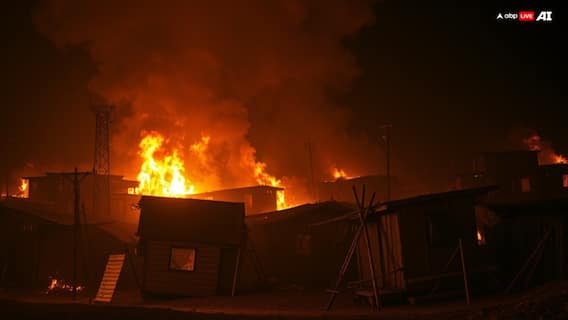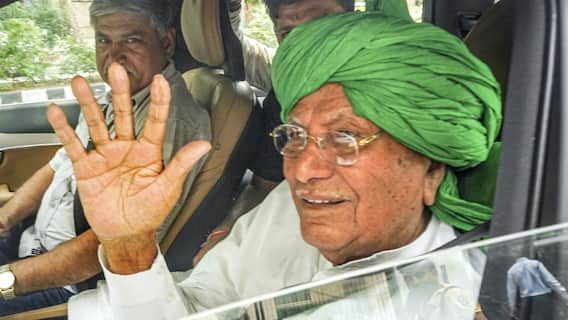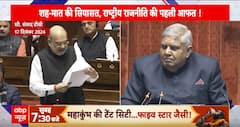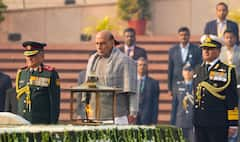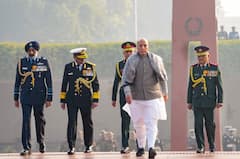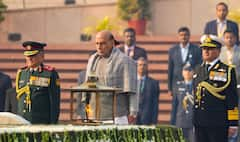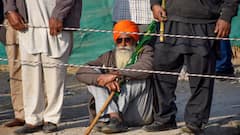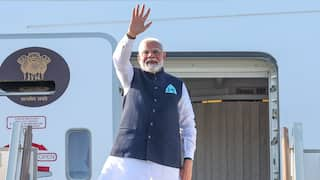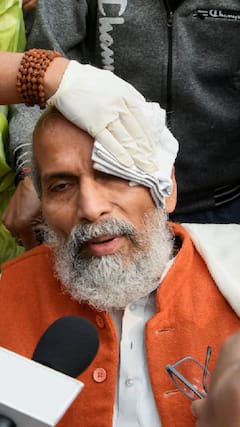Shahi Idgah Masjid Case: Suit Seeking 'Removal' Of Mosque Barred By law, High Court Told
The limitation law sets a specific time period to seek a legal remedy.

The counsel for the Shahi Idgah managing committee on Thursday argued in the Allahabad High Court that the suit seeking removal of the mosque adjoining the Krishna Janmabhoomi temple in Mathura is barred by the law of limitation.
The limitation law sets a specific time period to seek a legal remedy. Taslima Aziz Ahmadi, appearing for the Muslim side, told the court that the two parties in the case entered into a compromise on October 12, 1968, which was confirmed in a civil suit decided in 1974.
The limitation to challenge a compromise is three years but the suit was filed in 2020 and thus the present suit is barred by limitation law, she told the court. The high court was also informed that the suit has been filed for possession after the removal of the Shahi Idgah structure as well as for restoration of the temple and for a permanent injunction.
The prayer in the suit shows the structure of the mosque is there and the committee of management is in possession of the same, Ahmadi said. In this way, a question/dispute has been raised on Waqf property and thus provisions of Waqf Act will apply and in such it is the Waqf tribunal who has jurisdiction to hear the matter and not a civil court, she said.
After hearing the argument, the High Court fixed March 13 as the next date of hearing the plea regarding the maintainability of the suit seeking removal of the Shahi Idgah mosque, which the Hindu side claims has been built on 13.37-acre land of Katra Keshav Deo temple.
In May last year, the high court transferred to itself all 15 cases related to the Sri Krishna Janmabhoomi-Shahi Idgah Masjid dispute.
(This report has been published as part of an auto-generated syndicate wire feed. Apart from the headline, no editing has been done in the copy by ABP Live.)
Trending News
Top Headlines








